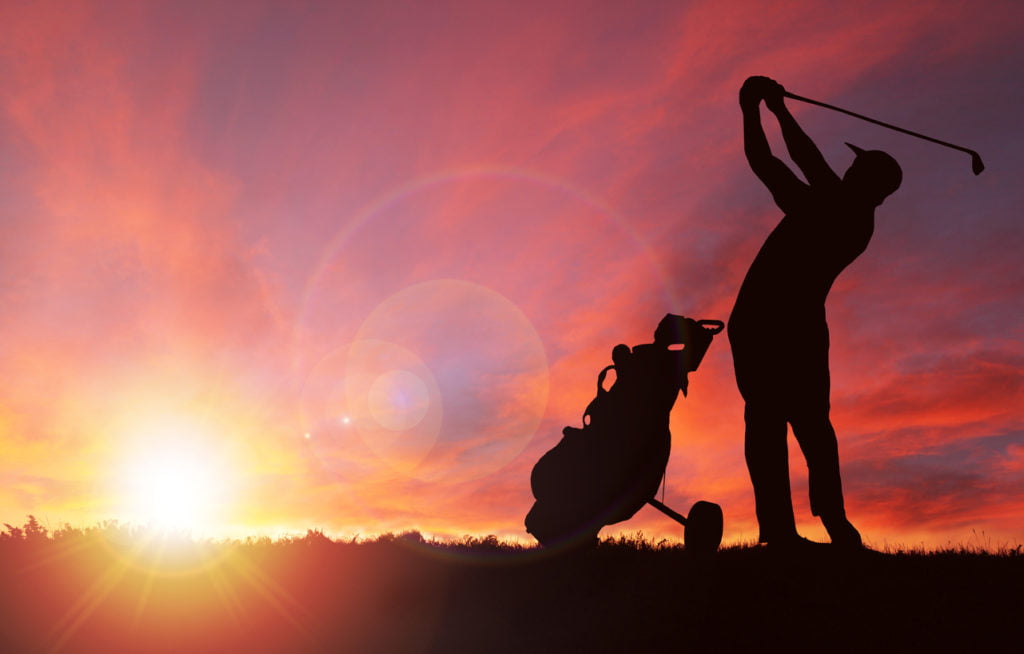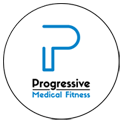
Golf is a sport that is played individually, and is commonly believed to be a low-impact sport. But this is not actually the case. The golf swing, due to its explosive nature, can cause tremendous stress on the body, even leading to an acute injury. Overuse injuries are also common with players, as a result of the sport’s repetitive strokes.
And it is not only the professionals who experience the most common golf-related injuries. Even casual golfers are at risk for these injuries. However, many golf-related injuries are preventable with golf rehab.
REASONS INJURIES OCCUR:
- Poor Swing Execution Resulting in Traumatic Force to the Body
- Improper Swing Mechanics
- Overuse
- Spine experiences rotational stresses
- Muscles not properly prepared, stretched
GOLF REHAB HELPS COMMON INJURIES
- Knee Pain – Every swing of the club requires rotation through the pelvis and hips. This rotation transfers stress, repeatedly, to the knees. If you are not consistently practicing a proper stance, this repetitive action can can contribute to or aggravate existing arthritis, or even result in ligament sprains or muscle strains. If the knee experiences extreme force, the result can be torn ligaments.
- Back Pain – While playing golf, the spine is under considerable pressure. The rotational stress of the golf swing coupled with the bent-over stance and repetitive nature of the sport place undue stress on the spine and back muscles. Back pain in golfers takes many forms, such as: arthritis-related, joint-related, disc-related, or even caused by a stress fracture.
- Elbow Tendonitis – Irritation and inflammation of a tendon is known as tendonitis, and this condition commonly affects the elbow. Injury to the outer tendon is frequently referred to as “tennis elbow” and “golfer’s elbow” refers to an injury to the inner tendon. Elbow tendonitis develops over time due to the repetitive motions of golf, limitations in your range of motion, weak muscles and imbalance in the body, and improper swing mechanics.
- Rotator Cuff/Shoulder Pain – The rotator cuff is the group of muscles responsible for stabilizing the shoulder joint. The rotator cuff can be injured through traumatic force resulting from improper swing execution, for example, hitting a root or rock, taking a deep divot, or from consistent overuse. Golfers are at higher risk for the following painful shoulder injuries: rotator cuff sprains, tendonitis, tears, impingement syndrome, acromioclavicular joint arthritis, and glenohumeral instability.
- Wrist Injuries – Golfers are also at higher risk of wrist injury. Both the repetitive nature of the golf swing and the high velocity of the club at the top of the back swing and during impact lead to stress on the wrist. Golfers commonly experience the following types of wrist tendonitis: de Quervain’s, flexor carpi ulnaris, flexor carpi radialis, and extensor carpi ulnaris.
- Hip Injuries – The increased strain on the hips due to the large amount of rotation of the hips and pelvis during the execution of the golf swing makes the hips particularly vulnerable to injury. For the golf swing to be effective, the hips and pelvis must effectively transmit power from the lower body all the way through the upper body and into the club head. The rotational and shear forces on the hips from the swing, that can result in the same types of injuries seen in the shoulder. Golfers commonly experience the following conditions: arthritis, muscle/ligament strain/sprains, and labral tears.
Let us help you feel back to par
Our team of licensed physical therapists are experts in movement. We can help bring the fun back to your game with golf rehab. Your physical therapist will work with you to identify and resolve any imbalance that leaves you susceptible to injury or prevents you from reaching your full potential; such as range of motion limitations, muscle weaknesses and imbalances, and improper or inefficient swing mechanics. Our “Return To Sport Program” trains your body to execute the various shots and swing motions to reduce pain and the risk of future injury and minimize your time away from the links.
To discover how our Golf Rehab program can benefit you, contact our Progressive Medical Fitness team in Northport, NY today.
